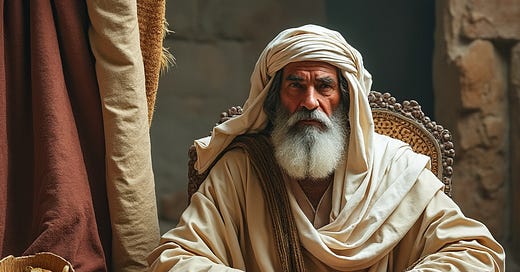This week, paid subscriptions are 50% off. And today is Giving Tuesday, when folks show support for various organizations and outlets and ministries. Maybe you would consider supporting the work that goes into this site by becoming a paid subscriber. Your support is a blessing and much appreciated! And it would give you unending access to the huge archive of posts.
Imprecatory psalms contain statements of imprecation—calls for God to bring curse or judgment upon the wicked. These psalms might not, at least at first, seem pleasant to read, because the language is strong and graphic. The psalmists call for God to humiliate the wicked, to break their teeth, to trample their heads, and to shed their blood.
But this battle imagery is serving the greater hope that Yahweh, as the Divine Warrior, will thoroughly defeat his enemies and totally vindicate his people. Imprecations are in contexts where the godly are opposed, where the wicked are drawing near with plans to destroy, where the nations are mocking the tight spot the righteous are in, and where the only hope seems to be divine rescue.
In the previous post about imprecatory psalms, we considered three assumptions that the psalmists are making with their imprecations. Those assumptions were that the wicked should be judged, that God should be their judge, and that God’s judgment is righteous. In this post, I want to connect imprecatory psalms with God’s words to an ancient patriarch.




